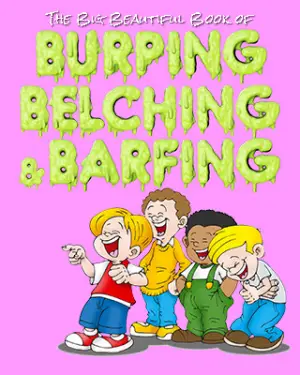Review of Children of Time by Adrian Tchaikovsky
As a devoted fan of science fiction, I was drawn to Children of Time after hearing about its accolades, including the Arthur C. Clarke Award. The blend of evolutionary science, complex characters, and thought-provoking themes captured my curiosity. I was particularly intrigued by the premise of humanity’s struggle for survival on a terraformed planet where the legacy of their own hubris had led to unforeseen consequences.
Tchaikovsky’s storytelling is indeed compelling. The dual narratives—one following the last remnants of humanity aboard the Gilgamesh and the other centered around the rapidly evolving spiders on the terraformed planet—allow for a rich tapestry of exploration into societal constructs and evolutionary complexities. I completely agree with Kypris Aster Drake, who described the book as a "masterpiece" that boldly tackles themes like gender inequality and species conflict. The complexity of the alien culture, while familiar in some aspects, was particularly noteworthy.
However, the middle sections of the book felt somewhat sluggish, as noted by Peter Wall. I can understand his critiques about character likability; while some characters were genuinely intriguing, others came across as flat and unconvincing. The human characters, especially, lacked depth. For instance, Holsten Mason, although portrayed as a classicist, felt more like a caricature than a fully developed individual. This may detract from the impact of the otherwise thrilling narrative.
On the flip side, the world-building surrounding the spiders was nothing short of extraordinary. Tchaikovsky writes about their society with such detail and depth that one can’t help but become invested in their evolution. The way he describes their struggles, particularly regarding gender roles within their ecosystem, adds layers to the narrative that one doesn’t often see in science fiction. It’s a brilliant twist to see a society where males are considered lesser, providing a unique lens through which to explore themes of power and inequality.
The plot’s culmination is both satisfying and unexpected. I was pleasantly surprised by how Tchaikovsky navigates the complex relationship between the two civilizations, leading to an intense and thought-provoking climax that leaves readers pondering the essence of consciousness and survival. The thematic richness truly aligns with the book’s description as "an epic story of humanity’s battle for survival" and raises the question: who will ultimately inherit this new Earth?
That said, the pacing issues were significant enough that they made parts of the book feel like a labor of love rather than pure enjoyment. For instance, while I was engaged with the narrative, I found some of the human interactions less compelling, making me wish for either deeper character development or a quicker narrative progression. As Peter Wall articulated, the narrative could benefit from a more profound examination of the crew hierarchy aboard the Gilgamesh, which sometimes felt underexplored.
In summary, Children of Time is a work that does justice to the science fiction genre, offering profound insights into societal and biological evolution. Though sections may lag and some characters may lack depth, the sheer creativity and thoughtfulness in portraying the spider civilization outweigh these drawbacks for me. It undoubtedly delivers an engaging experience and satisfies the hunger for a novel that compels you to think about existence and morality in a newly imagined world.
If you’re after a science fiction read that offers not just adventure but also a keen exploration of culture and evolution, I highly recommend Children of Time. It has its flaws, but the journey through its pages is rewarding and thought-provoking—as any notable science fiction should be.
Discover the breathtaking journey of evolution and resilience in Children of Time. >>








